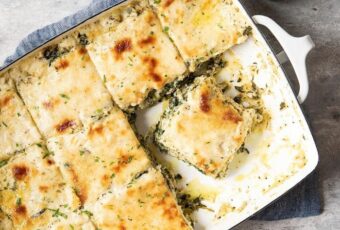
He Was Adding Sawdust To Cookies
An administrative court in Karlsruhe, Germany named Verwaltungsgericht (VG) Karlsruhe has told the bakery’s owner that they must stop selling any cookies containing the sawdust and change the recipe immediately.
The owner countered by saying that he wrote a letter to the city of Karlsruhe back in 2004 with an ingredient list that included the sawdust and that he never received a response. He continued to make the cookies with their sawdust addition up until 2017. He stopped after city inspectors ran tests on the cookies and he was informed he had to stop selling them immediately.
He said that the city’s findings were unfair and he challenged them by saying that the sawdust he used was “microbiologically sound” and had similar effects on the body as bran. He added that the ingredient was always listed in the cookie’s ingredient list. The owner of local natural products shop where the cookies are sold testified on behalf of the cookie maker, saying that the sawdust could be classified as a “vegetable product.”

A Court Ruled He Had To Stop Immediately
Even with the market owner’s backup, judges were not swayed and they help up the city’s decision to ban the selling of the cookies. The court wrote in a statement: “These cookies must not be allowed into the food chain because they are not safe, and are, objectively seen, not fit for human consumption. Further, despite the producer’s argument that sawdust was a traditional ingredient, it isn’t even used in the industrial animal feed sector.”
The court added that sawdust is not approved by the European Union’s list of “novel foods” and that there is no evidence that it has been eaten regularly and monitored by the EU. A novel food is considered to be a “newly developed, innovative food, food produced using new technologies and production processes, as well as food which is or has been traditionally eaten outside of the EU.” Novel food items include ingredients such as chia seeds, Antarctic Krill oil, and noni juice.
The cookie maker has been left with two choices: either appeal the court’s decision at Baden-Württemberg’s State Higher Administrative Court or simply stop adding sawdust in his cookie recipe.

Cookie Maker Claimed That They Were Safe For Consumption








